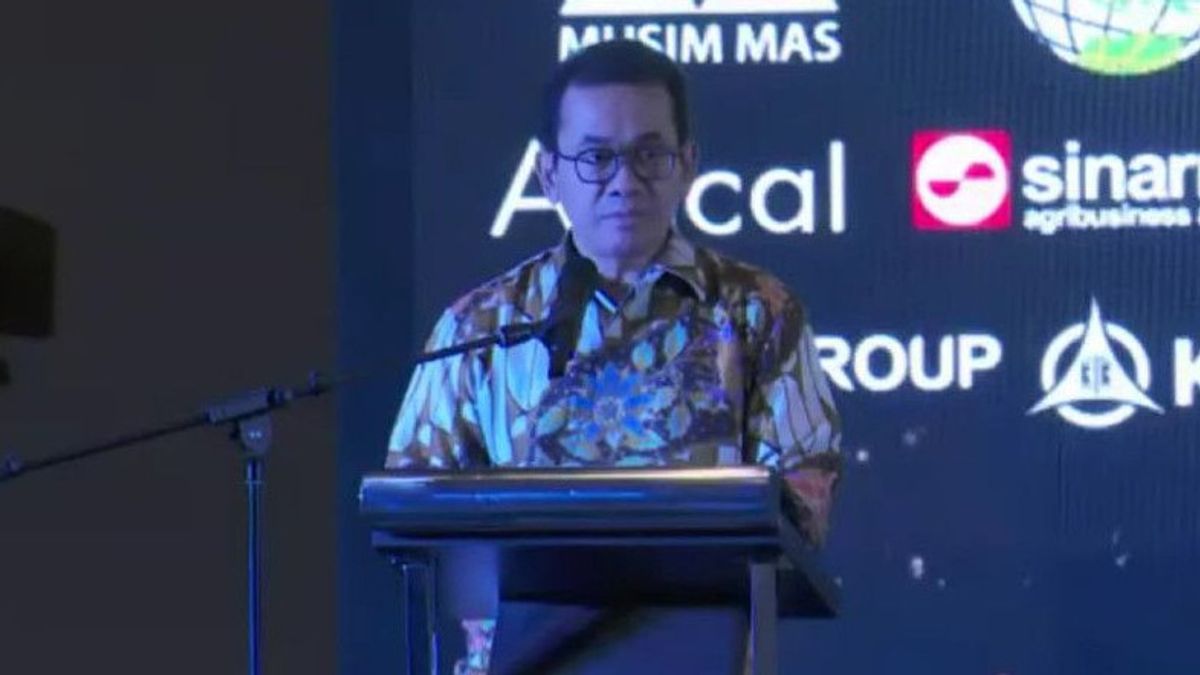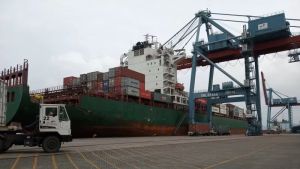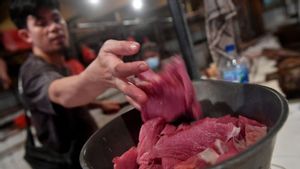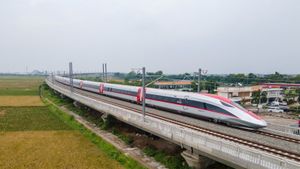JAKARTA - The Ministry of Trade (Kemendag) invites all stakeholders to support government policies related to palm oil management as an important commodity in global trade.
"There needs to be a strategy and policy of sustainable palm oil governance that is recognized by trading partner countries and strengthens the diplomacy of palm oil trading. I invite stakeholders to support the government's policy," said Director General of Foreign Trade of the Ministry of Trade Budi Santoso in the discussion "Optimizing Palm Exports as an Anticipation of the Impact of Recession" quoted by Antara, Wednesday, December 14.
He said the government through the Ministry of Trade had issued a policy that supports palm oil management in the form of Minister of Trade Regulation (Permendag) Number 49 of 2022 concerning Governance of People's Goreng Oil Programs and Permendag Number 50 of 2022 concerning Export Provisions for Crude Palm Oil, Refined, Bleached, And Deodorized Palm Oil, Refiled, Bleached, And Deodorized Palm Olein, and Used Cooking Oil.
This policy, he continued, is aimed at providing flexibility and convenience for business actors to optimize the provision of cooking oil at affordable prices for consumers, as well as in terms of supply of raw materials whose prices are profitable for garden managers.
"In order to parallel encourage national economic growth through export activities of palm products and their derivatives. We hope that palm oil commodities will remain empowered in the face of global market dynamics," said Budi Santoso.
He further explained that a number of efforts by the Ministry of Trade in dealing with the threat of recession are by empowering the domestic economy, strengthening local products, encouraging the Proud Made in Indonesia Program, as well as downstreaming of natural resources-based industries to meet domestic and export needs.
Based on data from the Central Statistics Agency (BPS), Indonesia's trade balance in the January to October 2022 period experienced a surplus of 45.52 billion US dollars. This achievement is dominated by non-oil and gas exports and specifically CPO and its derivative products contributed 28.5 billion US dollars, or 12.4 percent of the total national non-oil and gas exports.
"The palm oil industry and its derivatives have a very important role for the national economy because they contribute greatly, inclusively, and widely. Future commodities will also be an important part of Indonesia's energy sovereignty as a renewable energy source," he said.
The English, Chinese, Japanese, Arabic, and French versions are automatically generated by the AI. So there may still be inaccuracies in translating, please always see Indonesian as our main language. (system supported by DigitalSiber.id)













